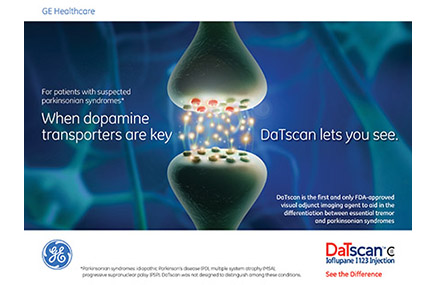HLG Communicatons president David Winigrad is bullish on the future. “The truth is,” he says, “we’ve always been optimistic and we continue to be.” That optimism stems from a diverse client roster and a “a flexible business model, which enables us to rapidly expand without a lot of overhead. We can offer very competitive pricing.”
In an anemic economy, competitive pricing and flexible business model are a significant advantage. HLG’s roster spans both large device makers like GE Healthcare and BD, while also managing mid-tier clients like Jazz Pharmaceuticals, Clarion and Healthpoint Biotherapeutics.
HLG, an independent agency, doesn’t report revenue figures, but Winigrad says billings are “in the five to twenty-five million dollar range,” and that the agency has “had a good year with strong growth year on year.”
The Philadelphia-based agency reported two wins from 2012 with some corporate work for Haemonetics Corp—a device maker which specializes in blood collection—and with Jazz Pharmaceuticals on Versacloz, a treatment for refractory schizophrenia.
That growth has coincided with the addition of four “key individuals,” says Winigrad. The firm has made additions in both creative and accounting. Notably, HLG picked up Colleen Hohman, a senior art director who hails from CDM Princeton and Dorland.
When it comes to finding people, HLG has found success online, says Winigrad. “We use a lot of social media. We have moved away from traditional recruiter-type models.” The shift online extends to HLG’s work. Winigrad sees an increased amount of projects coming in via digital. “I would say 50% at this point. We’re doing a lot of e-mail campaigns, web engagements,” he says. “We do a lot of online market research.”
Social media, on the other hand, is “really across the board” for HLG, says Winigrad. “It varies widely from client to client. It’s integral to everything we do.”
While some firms remain uncertain, and sometimes anxious, about the far-reaching effects of the Affordable Care Act, Winigrad sounds confident and eager for change. “We look forward to taking that on,” he says. “As long as our commitment to great work and great service remains in place, we will ultimately have the long-lasting client and agency relationships that are the key to our success. We think that even with the coming changes that Obamacare will bring, it will still offer new opportunities for success.”
Those opportunities remain to be seen, but in the near term Winigrad sees keeping costs down as a major obstacle. “The biggest challenge is cost containment and the pressures that it puts on branded products, “he says, “It compels manufacturers and agencies to build propositions that make the case for these products on an economic and clinical basis. It also requires differences in the kind of investment and communications it takes to be successful. It’s simply a more rigorous standard and a new way of doing business, but it doesn’t mean there aren’t ways to succeed in that kind of environment.”
From the July 01, 2013 Issue of MM+M - Medical Marketing and Media








